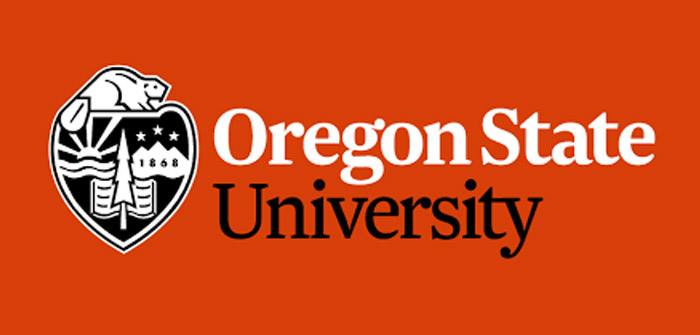A team of researchers including Oregon State University’s Kagan Tumer, director of the Collaborative Robotics and Intelligent Systems Institute, has received a five-year, $20 million grant from the National Science foundation to build intelligent systems that help people as they grow old.
The grant is led by Sonia Chernova of Georgia Tech and will fund the creation of the NSF AI Institute for Collaborative Assistance and Responsive Interaction for Networked Groups, or AI-CARING.
The institute aims to develop artificial intelligence systems that work with elderly adults, including those diagnosed with mild cognitive impairment, and their caregivers.
Most older adults prefer to remain in their own homes, the researchers note. But safety concerns such as remembering to turn off the stove, medication schedules and isolation can make it difficult for them to do so.
“An intelligent system could, for example, detect when the stove is left on and send a reminder to turn it off,” Tumer said. “And if the stove wasn’t turned off, the system could send an alert to a family member or caregiver.”
Such a system could also be extended to support a full calendar of appointments, medication reminders and schedules for multiple caregivers.
This kind of personalized AI presents multiple technical challenges, said Tumer, professor of mechanical, industrial and manufacturing engineering in the OSU College of Engineering. AI often focuses on the choices or actions of a single entity — a chess player, for example, or medical diagnostic software — for a predefined time or activity. But in the case of an elderly client, the AI systems need to interact with multiple people in the care team over months to years and adapt to changing conditions and goals.
“To help someone, you need to understand their relationships, their preferred modes of interaction and their values,” said Tumer, who adds that “the goal is not to replace human caretakers but to assist them in creating support networks that can handle routine tasks and enable the medical professionals to focus on critical care.”
The award leverages years of work at Oregon State University on the coordination of intelligent systems, human-AI teaming and AI systems that balance multiple objectives — for example, efficiency, safety, privacy and values.
In addition to OSU and Georgia Tech, AI-CARING will include faculty from Carnegie Mellon University, the University of Massachusetts-Lowell and Oregon Health & Science University, and has Amazon and Google as industry sponsors. The core researchers will connect with other higher education institutions, nonprofits and government entities across the country to provide education and workforce opportunities to diverse groups.
“I am delighted to announce the establishment of new NSF National AI Research Institutes as we look to expand into all 50 states,” said National Science Foundation Director Sethuraman Panchanathan. “These institutes are hubs for academia, industry and government to accelerate discovery and innovation in AI. They lead to new capabilities that improve our lives from medicine to entertainment to transportation and cybersecurity while growing the economy and maintaining global competitiveness.”
In partnership with the United States Department of Agriculture, the National Institute of Food and Agriculture, the U.S. Department of Homeland Security Science & Technology Directorate and the U.S. Department of Transportation Federal Highway Administration, the NSF is funding 11 centers within its National AI Research Institutions program.



